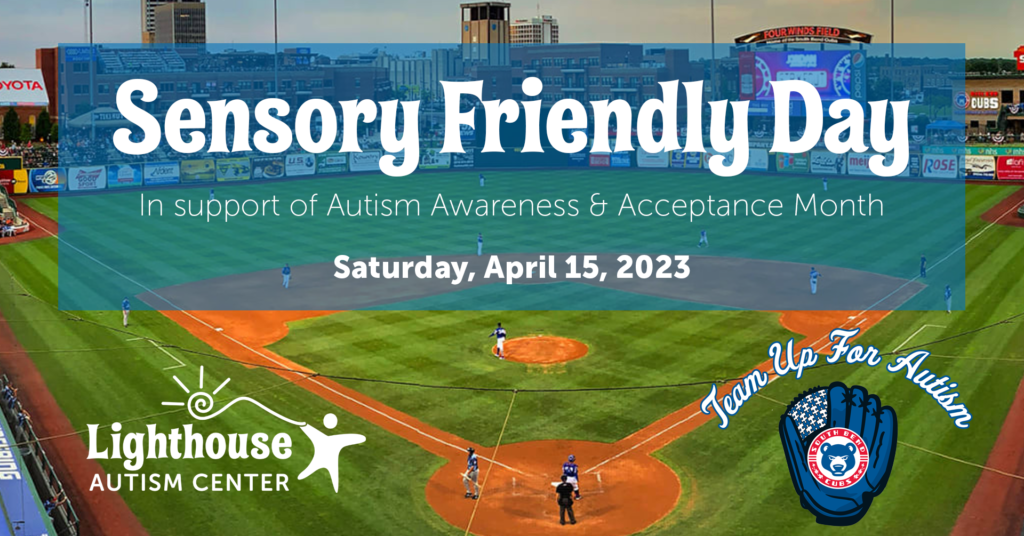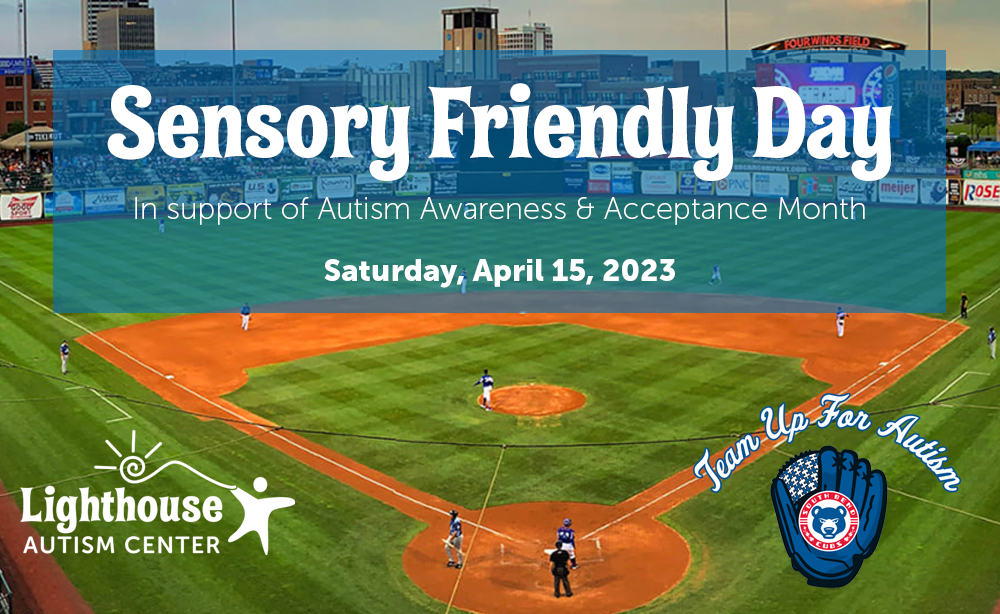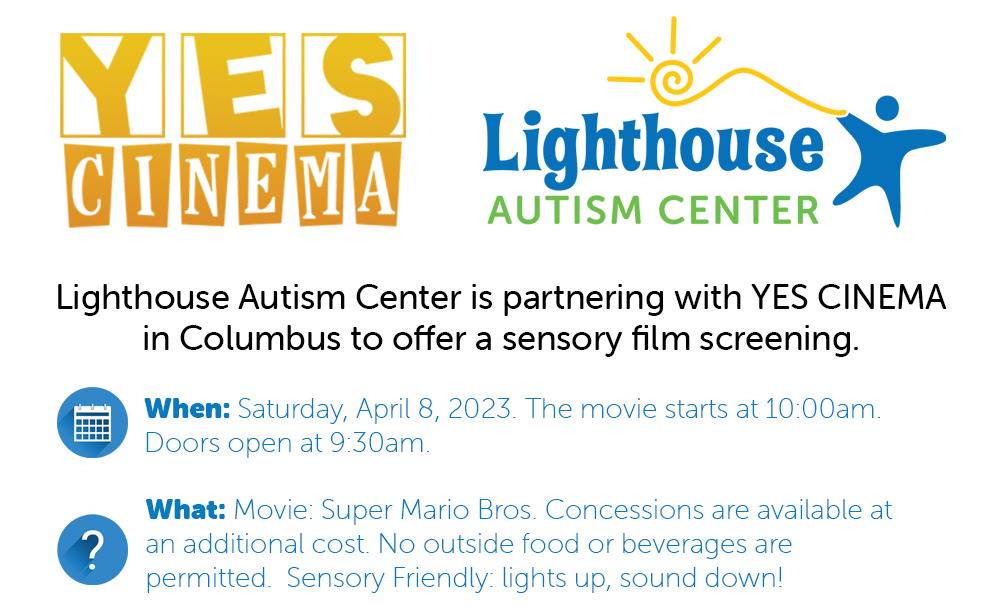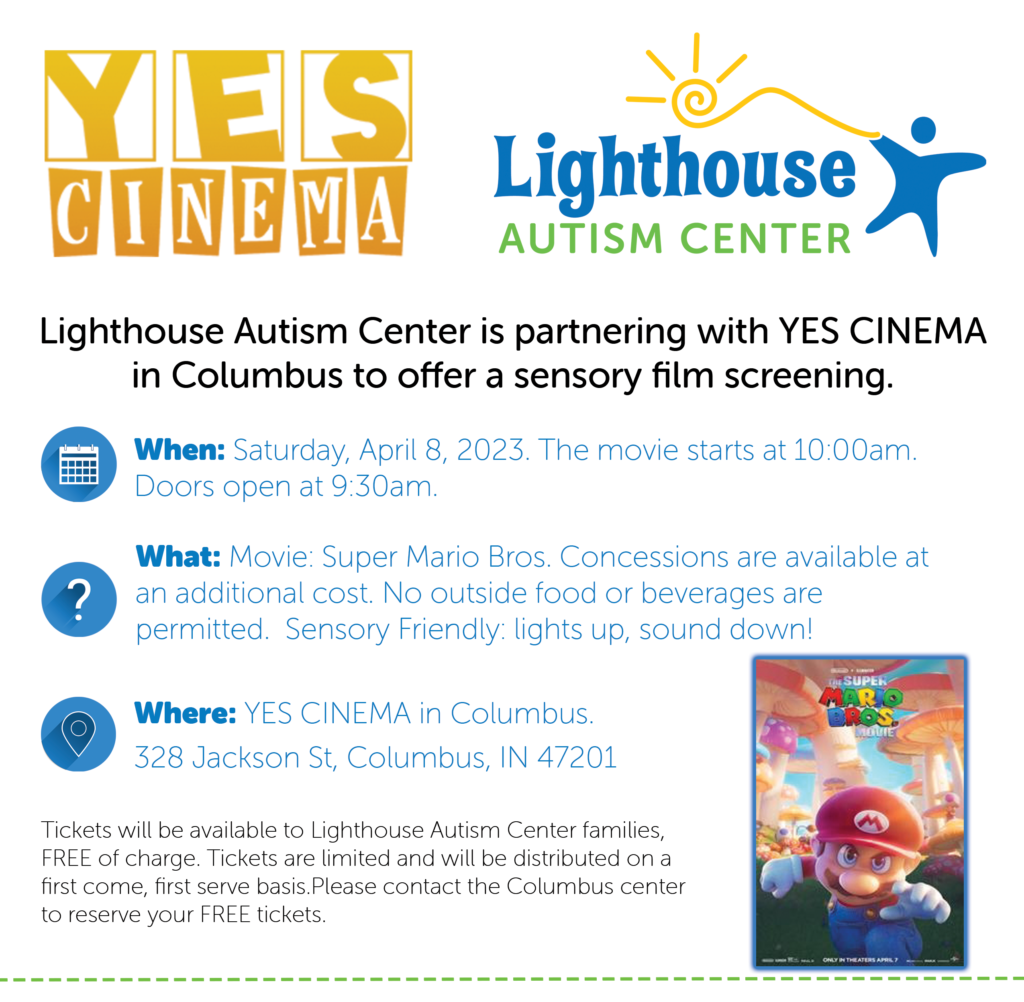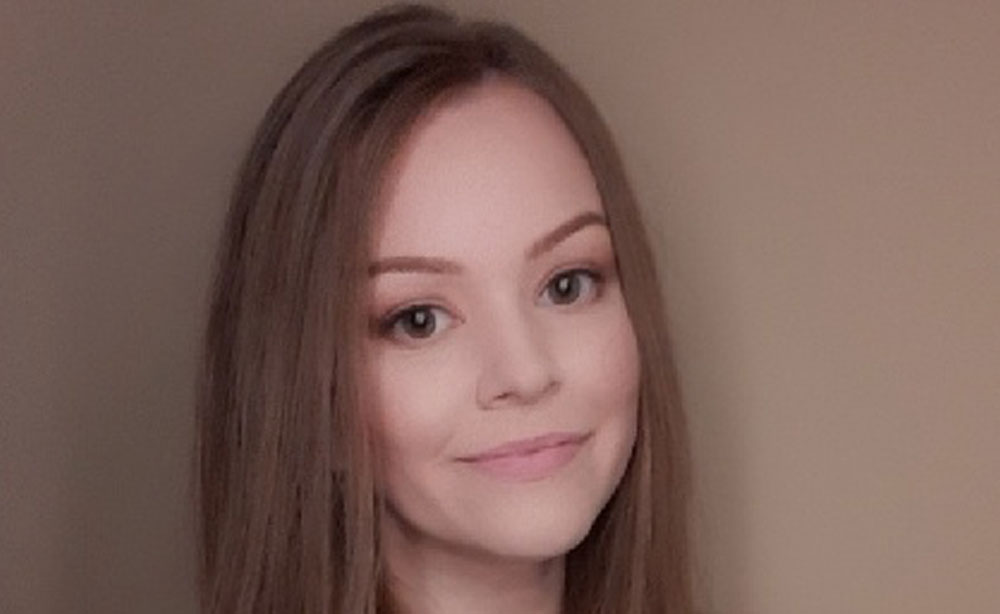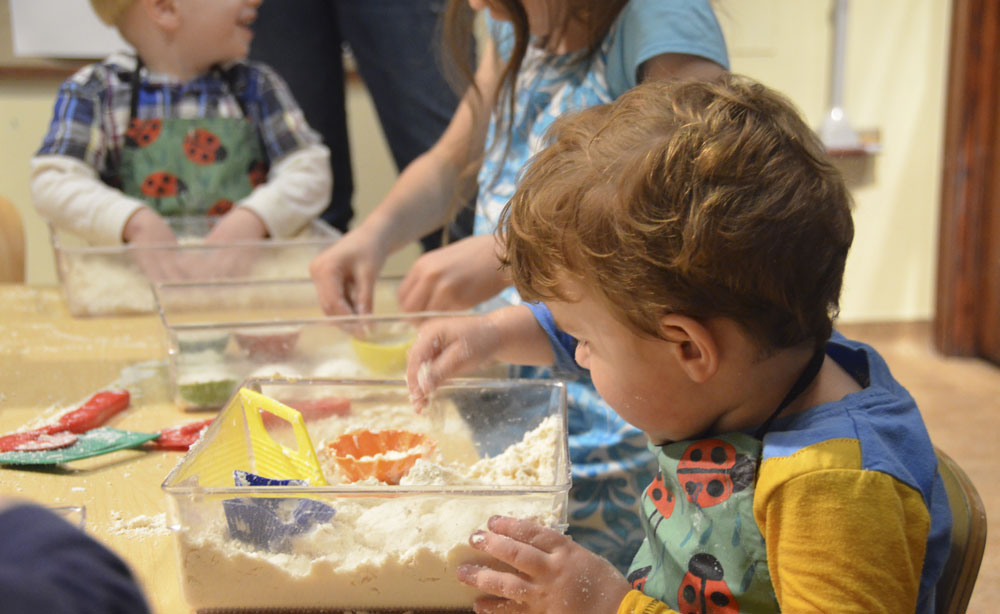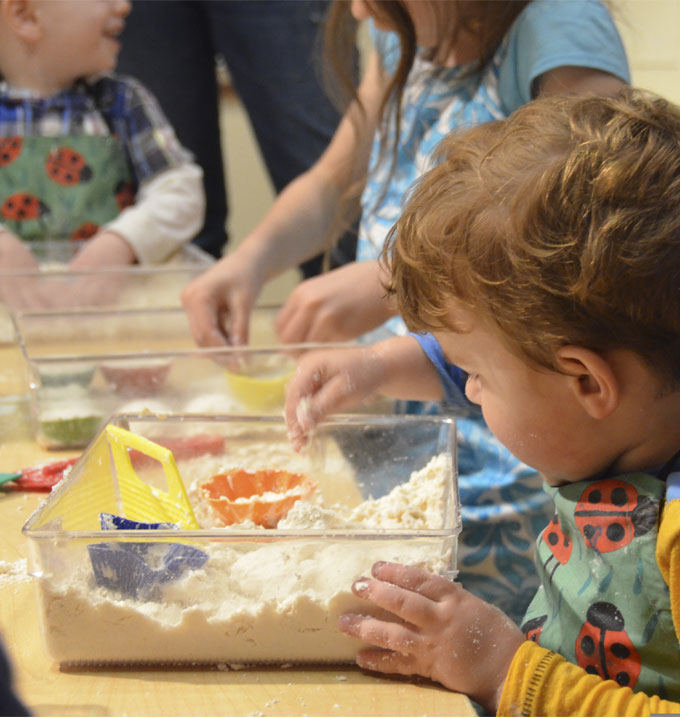Children with autism may struggle with sensory issues that lead to sensory seeking or sensory avoiding behavior. We explore these two types of behavior, their causes, the problems they may create and how they can both lead to sensory overload.
Sensory Seeking vs Sensory Avoiding in Autistic Children
Many autistic children have a variety of sensory processing issues that can affect their behavior, of which the main two types are sensory seeking and sensory avoiding. Join us as we explore the difference between these two categories of sensory processing issues in autistic kids and how you can help them understand their sensory experience better.
Understanding autistic children who are sensory seeking
If your child prefers to get a lot of stimulation from their environment, they are likely sensory seeking. Autistic children who are sensory seeking are considered “hypo-responsive” and tend to exhibit the following sensory seeking symptoms or characteristics:
- Prefers to be moving
- Likes to smell things
- Enjoys being touched, tickled or massaged
- Has a habit of fidgeting with things
- Standing very close to people when talking to them
- Likes to jump, hop, spin, rock and other repetitive motions
- Will slam or thrust their body into things
- Enjoys touching objects and people
- Likes loud noises and enjoys making them
- Likes to put non-food items in their mouth and chew on things
- Enjoys engaging in risky behavior
- Prefers to go barefoot
What causes sensory seeking behavior?
As with autism, exactly what causes sensory seeking behavior is not yet known. We only know that some autistic children are under-responsive to sensory input, others are hyper-responsive and yet others are a mix of the two. Because of how their bodies experience and process sensory input, they will then engage in behavior that will help them meet their sensory needs.
The problems affecting those who are sensory seeking
If you have a sensory seeking child, it may have a negative impact on their life, especially if they do not learn how to manage their sensory needs in appropriate ways. Here are three examples of how a child may struggle if they are sensory seeking.
Might cause themselves physical harm
Firstly, a child may unknowingly engage in dangerous behavior to meet their sensory needs. For example, they may jump from dangerous heights or come up with their own risky stunts to stimulate themselves.
Might be ostracized by others
Secondly, certain behaviors might provoke negative reactions from those around them. For example, if an autistic child randomly touches other children and adults without their consent, these people may choose to avoid the child.
Might struggle in learning spaces
Finally, they may struggle to pay attention due to the fact that they are constantly seeking out higher levels of stimulation. This could negatively impact learning and academic performance in a learning environment.
How to help those who are sensory seeking
Your first port of call when it comes to helping an autistic child who is sensory seeking is a professional, such as an occupational therapist, who will be able to directly assist your child with their sensory seeking behavior.
There are also activities that you can engage in at home to help your child meet and manage their sensory needs. Some examples of these activities include:
- Jumping on a trampoline
- Bouncing on an exercise ball
- Climbing on a jungle gym
- Have a pillow fight
- Using a weighted vest
- Letting them play with specifically designed sensory toys, such as weighted toys, scented play-doh and sensory bins
- Practicing respecting personal boundaries
- Practicing asking and waiting for explicit consent before touching anyone
Understanding autistic children who are sensory avoiding
If your child prefers to avoid being stimulated by their environment, they are likely sensory avoiding. Autistic children who are sensory avoiding are considered “hyper-responsive” and tend to exhibit the following:
- Has a greater sensitivity for smells
- Easily startled by unexpected sounds or bright lights
- Avoids crowded areas in favor of quieter environments
- Filters out fewer sounds compared to neurotypical children, which means they “hear more”
- Likes to wear headphones or earplugs to block out unwanted sounds
- Incredibly sensitive to pain
- Doesn’t like clothes with certain textures or clothes that are too tight
- Finds seams or tags in clothes incredibly annoying
- Is very picky about what they like to eat
- Doesn’t like being touched, even if it’s affectionately or playfully
- Dislikes being barefoot
What causes sensory avoiding behavior?
As with autism, we don’t know what causes sensory avoiding behaviors. What we do know is that some autistic children are overstimulated by certain activities or situations, which they then try to avoid so as not to overwhelm themselves.
The problems affecting those who are sensory avoiding
Sensory avoiding behaviors can affect your child negatively, most especially if they do not learn healthy coping mechanisms to meet their sensory needs. Here are a few ways sensory avoiding behavior can impact your child’s life.
May avoid activities and environments to their detriment
A sensory avoidant child may develop anxiety around activities and environments that make them uncomfortable, even if these things would benefit them, such as playing games with their peers or exercising on a playground.
May struggle to make social connections
Connected to the point above, if an activity or space is uncomfortable for your child with autism, they are likely to avoid it, which could, in turn, cause them to withdraw from social situations. For example, if they don’t take part in school games during breaks or are anxious about attending birthday parties, they may struggle to make social connections with other children.
Another example is that while other children may enjoy playing on a bouncing castle and all the rough and tumble that comes with it, a sensory avoidant child may not. Consequently, they may have to deal with feelings of loneliness, frustration, anger, sadness or being “left out” when they are the odd person out in such situations.
How to help those who are sensory avoiding
Again, as with sensory seeking children, you should seek out specialists who can help your sensory avoidant child learn to manage their sensory challenges. An occupational therapist or other health professionals can help you address your child’s needs.
There are also various precautions you can take to help your sensory avoiding child not feel overwhelmed. Some examples of these include:
- Decluttering an environment
- Keeping a pair of noise-canceling headphones nearby
- Making sure their clothes are not too snug and are made from materials that they are comfortable wearing
- Trimming the labels off their clothes
- Considering a weighted vest or blanket to help them feel more comfortable when overstimulated
- Preparing a quiet, calming space for them at home so that they have an area to retreat to if needed
Autistic children can have both sensory seeking and sensory avoidant traits
While we’ve split sensory seeking and sensory avoiding into two sections, it’s important to note that some autistic children can have characteristics of both categories.
What about sensory overload?
Regardless of whether your child is sensory seeking or sensory avoidant, they can still experience sensory overload. Sensory overload is when your brain is overloaded by the sensory information it is receiving. The amount or type of sensory information that causes sensory overload differs from person to person.
Sensory overload symptoms
Here are some of the signs of sensory overload:
- Anxiety, irritability, stress, fear or panic
- Overexcitement or restlessness
- Physical discomfort
- Need to limit source of overload by covering ears or closing eyes
- Need to leave area or space where the cause of the sensory overload is
- Tantrums or “meltdowns”
How to help with sensory overload
Here are some tips for managing and coping with sensory overload:
- Take preemptive steps to avoid triggers that cause sensory overload for your child, such as asking for lights or sounds to be turned down.
- Ensure you are able to easily leave the location so that your child has the space to recover from sensory overload.
- Be prepared by making sure your child has enough rest the night before and is properly hydrated.
- Have a sensory toolkit filled with items that can help your child calm down, such as noise canceling headphones, sunglasses, fidget spinners and other objects that can help your child relax.
- Talk to a health professional about medications that might be useful in avoiding or minimizing the consequences of sensory overload.
- If possible, make sure those around your child are aware that they might become overwhelmed by specific triggers and explain to them what those triggers are.
- Most importantly: help your child identify and understand their own sensory needs and triggers as far as possible – this could go a long way in helping them learn to manage their sensory issues in healthy ways.
Discover how Lighthouse Autism Centers can help your child
At Lighthouse Autism Center, we offer our unique Lighthouse Fusion® ABA therapy program which combines the best aspects of ABA and speech therapy. This program, as well as our autism resources, are vital in helping your child unlock their full potential.
Together, we can unlock your child’s potential
